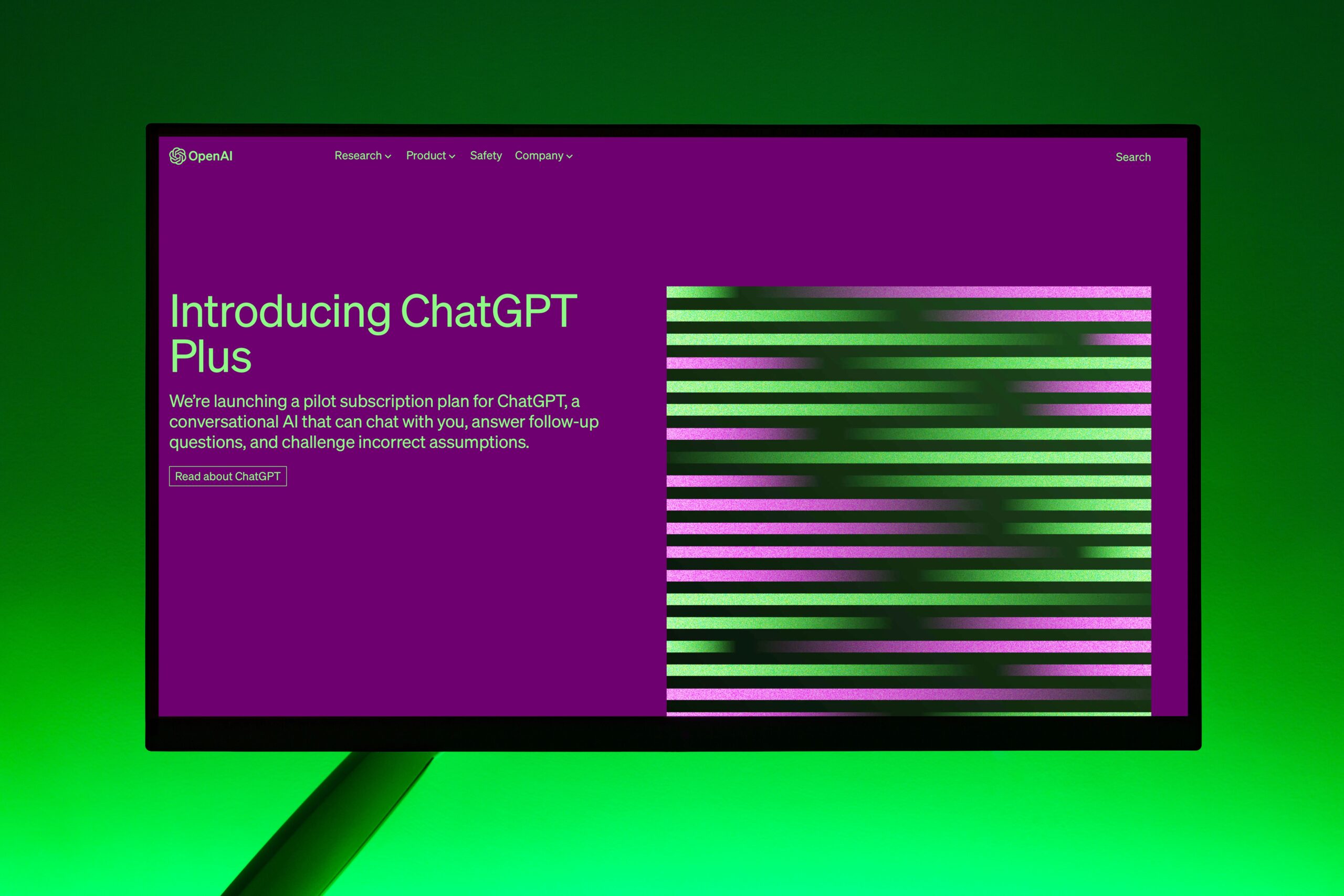Harnessing the Power of Collaboration: How GitHub Transforms Teamwork in Software Development

In the realm of modern software development, collaboration is the cornerstone of success. As projects grow in complexity and scale, the ability for teams to work together seamlessly becomes increasingly vital. GitHub, the world’s leading platform for version control and collaboration, stands at the forefront of enabling teams to streamline their workflows and maximize productivity. In this article, we delve into the transformative role of GitHub in fostering collaboration among software development teams.
Understanding GitHub: A Primer
At its core, GitHub is a web-based platform built around the concept of version control using Git. Git, developed by Linus Torvalds, is a distributed version control system that allows developers to track changes in their codebase, collaborate with others, and maintain a complete history of their project. GitHub enhances Git’s capabilities by providing a centralized hub for hosting repositories, managing project workflows, and facilitating collaboration through features such as pull requests, code reviews, and issue tracking.
Streamlining Collaboration Workflows
One of GitHub’s most significant contributions to collaboration in software development is its ability to streamline workflows. By hosting repositories in a centralized location accessible to all team members, GitHub ensures that everyone is working with the latest version of the codebase. This eliminates the confusion and inefficiencies that arise from managing multiple versions of files across different systems.
GitHub’s pull request feature is instrumental in facilitating code review and collaboration. When a developer completes a feature or fixes a bug, they can create a pull request to propose changes to the main codebase. This initiates a peer review process where team members can provide feedback, suggest improvements, and ensure that the code meets quality standards before merging it into the main branch. This collaborative approach not only improves code quality but also fosters knowledge sharing and mentorship within the team.
Empowering Remote and Distributed Teams
In an era where remote work is increasingly prevalent, GitHub serves as a lifeline for remote and distributed teams. With its cloud-based infrastructure, team members can access, contribute to, and collaborate on projects from anywhere in the world with an internet connection. GitHub’s robust permission management system allows teams to control access to repositories and define roles and permissions based on individual responsibilities.
Furthermore, GitHub’s integration with a plethora of third-party tools and services enhances its utility for remote teams. Whether it’s continuous integration and deployment pipelines, project management tools, or communication platforms, GitHub seamlessly integrates with various services to create a unified ecosystem for remote collaboration.
Fostering Community and Innovation
Beyond its utility for individual teams, GitHub plays a pivotal role in fostering communities and driving innovation through open-source collaboration. Thousands of open-source projects across a diverse range of domains are hosted on GitHub, providing a platform for developers worldwide to contribute, learn, and collaborate. By lowering the barriers to entry and facilitating contributions through features like forking and pull requests, GitHub democratizes the process of software development and empowers individuals to participate in global collaborative efforts.
Conclusion
In conclusion, GitHub’s impact on collaboration in software development cannot be overstated. By providing a robust platform for version control, code review, and project management, GitHub enables teams to work together seamlessly, regardless of their geographical location. Whether it’s streamlining workflows, empowering remote teams, or fostering open-source communities, GitHub continues to redefine the way software is developed, collaborated on, and shared. As the landscape of software development evolves, GitHub remains an indispensable tool for teams striving to harness the power of collaboration.




